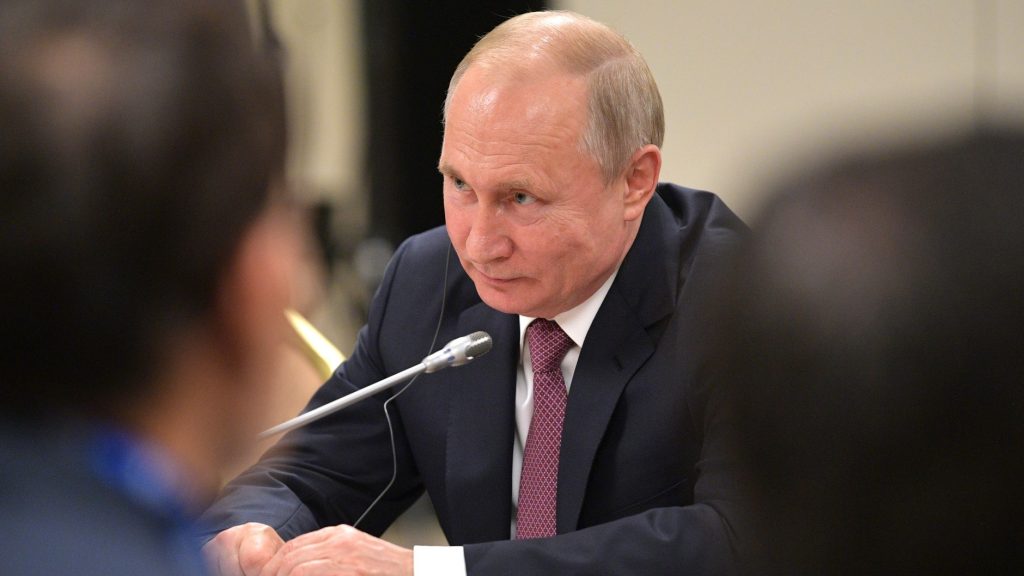Putin Paves the Way for Closer Ties With the Taliban
Others are reading now
Russia is making moves to adjust its policies on certain groups it once labeled as terrorist organizations.
This could have significant implications for its relations in regions like Afghanistan and Syria.
The latest development comes as the Kremlin looks to establish closer ties with the Taliban, a group that remains banned as a terrorist organization in many countries, according to Ziare.
On December 28, Russian President Vladimir Putin signed a new law that allows the government to remove groups from its list of terrorist organizations.
Also read
According to the Institute for the Study of War (ISW), this law is seen as a step toward officially recognizing the Taliban. Pro-Kremlin voices, including Russian military bloggers, are supportive of this move.
They argue that the Taliban has shown it is working toward peace in Afghanistan, which could open up new trade opportunities for Russia.
The ISW also notes that Russia has been preparing for this shift for some time. Analysts previously observed the Kremlin setting up legal mechanisms to make these changes.
Putin’s latest decree seems to be one of the final steps in this process.
The new law doesn’t just apply to the Taliban. It could also pave the way for the removal of other groups from Russia’s terrorist list.
One of these is Hayat Tahrir al-Sham (HTS), a faction that has gained control in parts of Syria.
ISW experts suggest that the Kremlin sees HTS as a way to stabilize its own military operations in Syria, where Russia has important military bases.
This shift comes alongside other actions by Putin to reshape how Russia approaches extremism.
Recently, he signed a decree introducing a new “Strategy for Countering Extremism” in the country.
This strategy includes the concept of “Russophobia” for the first time, showing how the Kremlin is expanding its definitions of threats to the state.
Russia’s moves reflect a changing geopolitical strategy. By reconsidering which groups it labels as terrorists, the Kremlin appears to be prioritizing economic and military interests in regions where these groups hold power.
Whether this approach will benefit Russia or lead to further instability remains to be seen.


